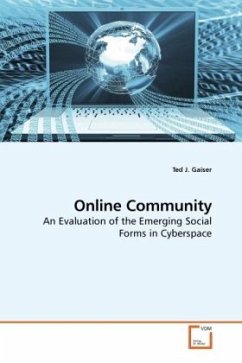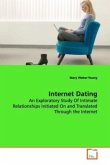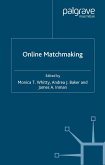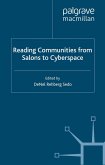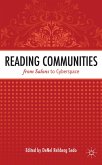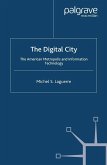Computer technology has greatly enhanced the ability to communicate globally. This social change has given rise to new social forms, or rather, online communities. Computer technology has also exposed people to new public and private spaces in the virtual world of cyberspace. It was the task of this research study to employ the research methods of focus groups and interviews online to explore with participants ways in which they relate in online groups as a vehicle for analyzing how the technology of computer-mediated communication alters social boundaries, transforming social relations. Since literature on urbanism tends to correlate distrust and/or fear of "the other" with urban discord, the implication of this study is that computer-mediated communication could lead to an erosion of our urban distrust of "the other." Research findings indicate that online social interaction is, in fact, transforming social relations and reshaping social boundaries by enabling people to participate more democratically in public discourse, by moving marginalized perspectives to the center, and by participants bringing new knowledge back into their temporal communities.
Bitte wählen Sie Ihr Anliegen aus.
Rechnungen
Retourenschein anfordern
Bestellstatus
Storno

